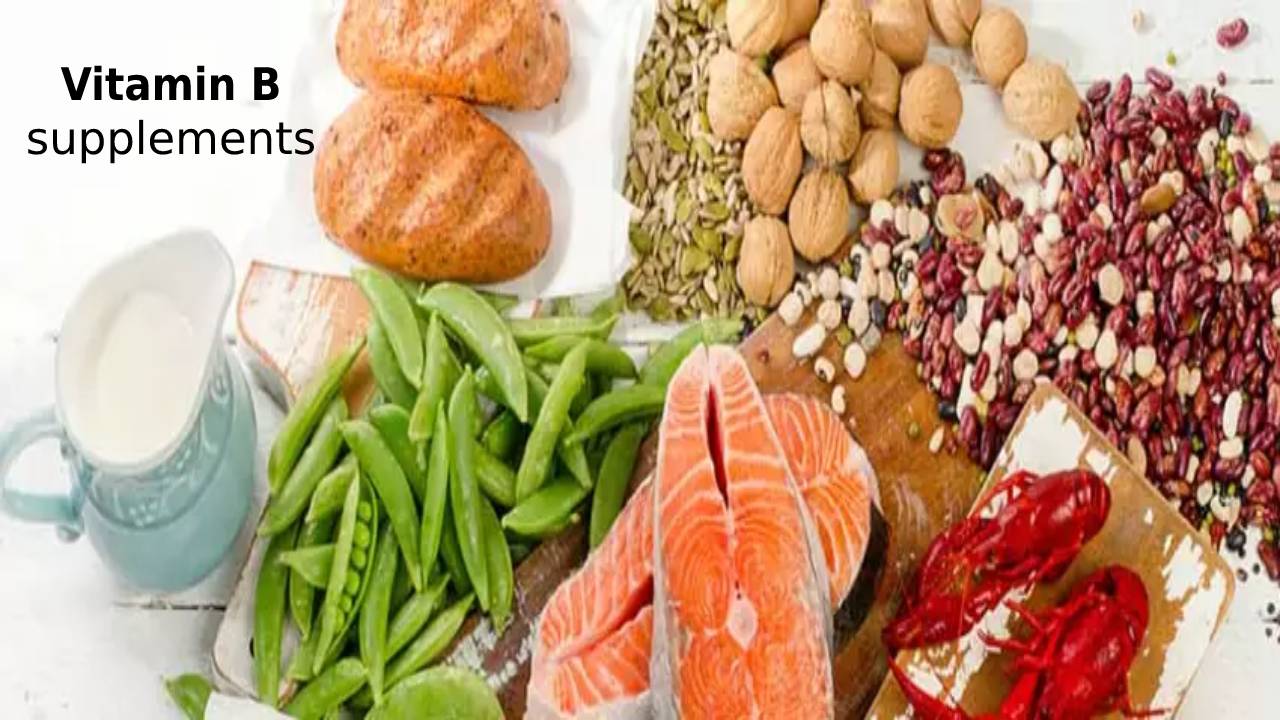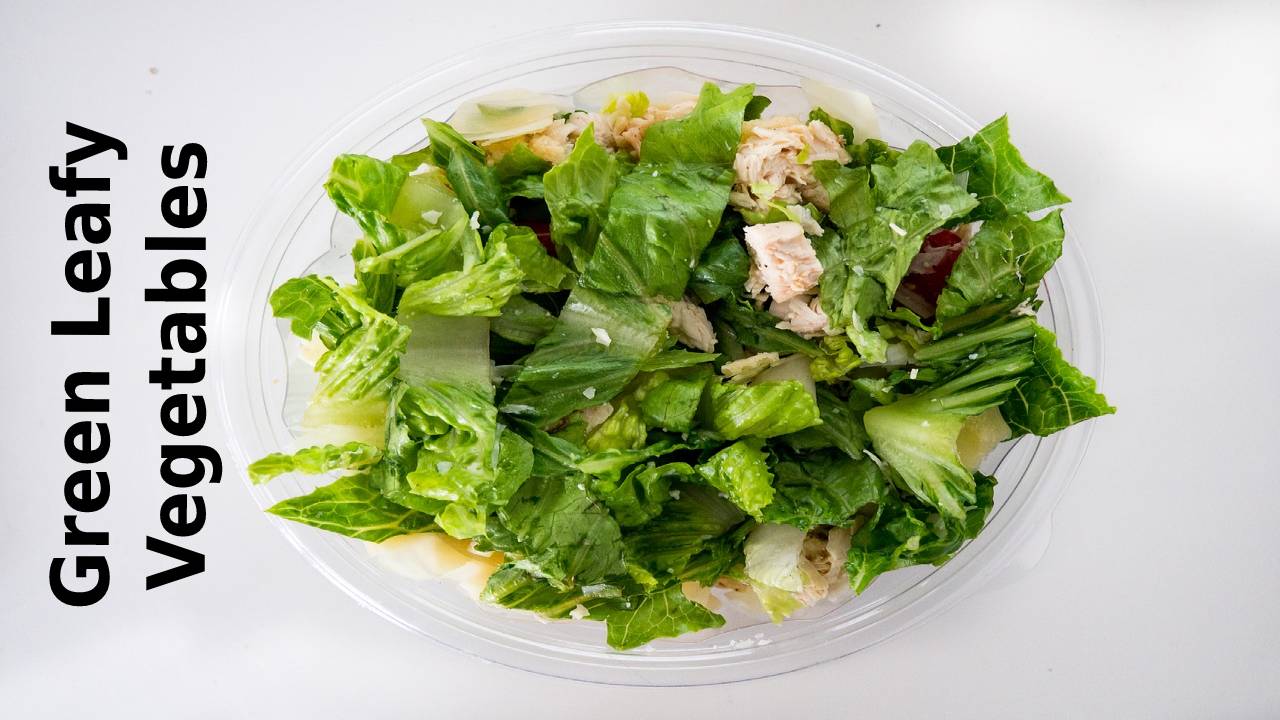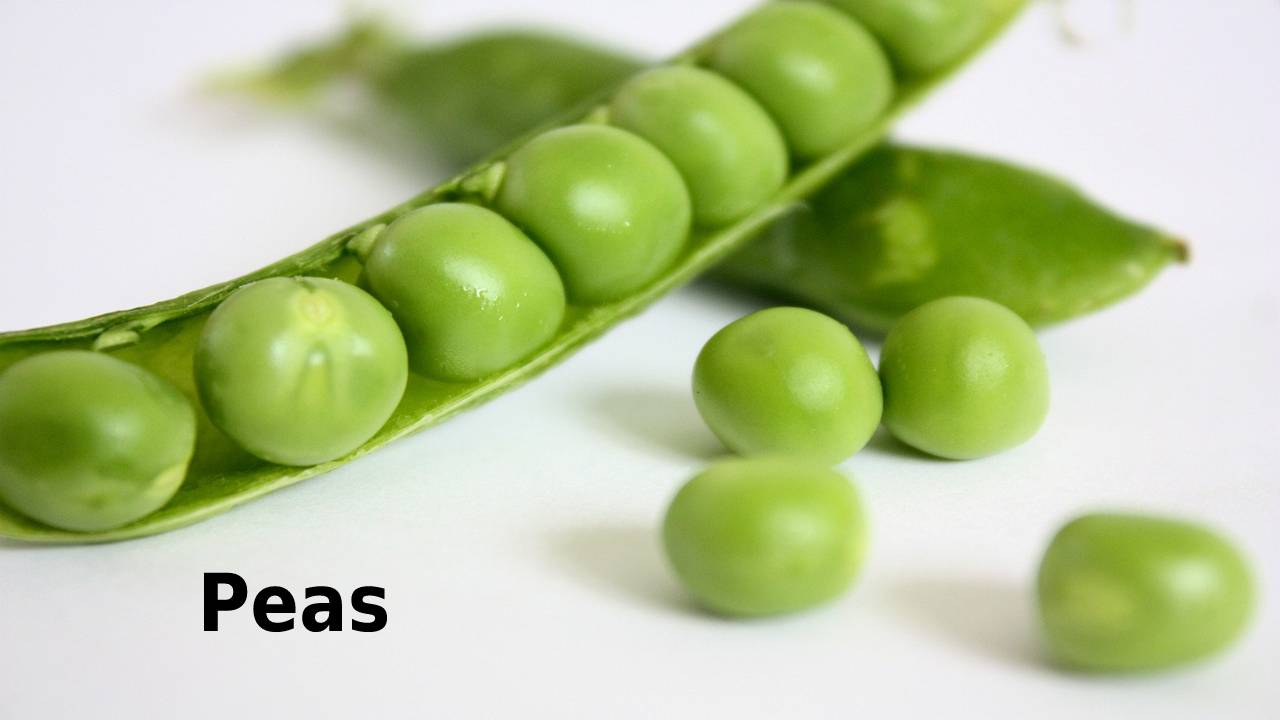Table of Contents
Vitamin B
Vitamin B is essential for the proper functioning of our body. Any deficiencies can cause serious health problems.
We discover all the benefits of vitamin B and its importance for our health.
This vitamin (or rather the vitamins of this group) is essential for its properties that ensure the proper
functioning of our body.
Benefits of Vitamin B
- The functions guaranteed by the vitamins in this group are primarily inherent in vital organs such as the liver and the nervous system.
- Furthermore, their crucial role is in transforming carbohydrates into glucose and the metabolism of lipids and proteins.
- Specifically, among the most relevant vitamins of this group, we find:
- Vitamin B1 ( thiamine ) helps to transform the sugars in ready to use energy, favours the correct functioning of the nervous system, and stabilizes the appetite;
- Vitamin B2 (riboflavin) plays a protective effect against skin, nail, hair, and eyes.
- Moreover, it promotes the correct absorption of iron and helps the production of antibodies by strengthening the immune system;
- Vitamin B3 ( niacin ) is mainly involved in the proper functioning of the nervous system.
- Its deficiency was a well-known time because it caused a pathology as pellagra;
- Vitamin B4 (adenine) plays a prominent role in ensuring the immune defences of our organism.
- Vitamin B5 (pantothenic acid) is essential for the synthesis of carbohydrates, fats, and proteins.
- However, Vitamin B6 (pyridoxine) is necessary for the synthesis of neurotransmitters, such as serotonin, and the formation of myelin;
- Vitamin B7 ( Inositol ) mainly promotes the reduction of cholesterol levels in the blood.
- And also, Vitamin B12 (cobalamin) encourages the formation of red blood cells and the good health of the nervous system.
Vitamin B supplements
- To compensate for any deficiency phenomena, in addition to correcting the diet by balancing nutrients, you can also opt for supplements.
- In this case, it is advisable to contact specialists who can prescribe the correct dosage and evaluate its
duration.

Foods rich in vitamins B
- There is not only one vitamin B, but it is a large group composed of different vitamins, each of which can be found in more significant quantities in a specific food.
- Although their family’s name may be misleading, the B vitamins are certainly not considered the second level compared to vitamin A.
- Pretty contrary! B vitamins are essential for the proper working of the nervous system and the assimilation of carbohydrates and proteins.
- In particular, the vitamins of group B work together to obtain and produce energy from the nutrients taken with a healthy diet.
What are the champion foods of B vitamins?
1. Eggs
- They contain practically all B vitamins; among these, it is possible to identify vitamin B2 or riboflavin.
- It plays a central role in the metabolism of carbohydrates, fats, and proteins.

2. Green leafy vegetables
- Vitamin B1 or thiamine is one more reason to consume green leafy vegetables.
- This vitamin, contained in spinach & co., is involved in converting carbohydrates into glucose which is essential to keep the nervous system always active.

3. Brewer’s yeast
- Brewer’s yeast is present in various cosmetic preparations because it contains many vitamins B3 or niacin.
- This vitamin helps to keep the skin healthy and positively affects the nervous system and the gastrointestinal system.
4. Fish
- Most seafood products are rich in vitamin B6 or pyridoxine.
- This vitamin collaborates with B3 to convert the latter into tryptophan, the precursor of serotonin, which
intervenes in the production of red blood cells.

5. Peas
- In the legume family, peas are the richest in vitamin B9 or folic acid. This vitamin is attributed to a central
role in DNA synthesis and cell renewal.

6. Milk
- A bit like eggs, milk also contains many B vitamins, including vitamin B12 or cobalamin.
- This vitamin acts as an “assistant” to folic acid in carrying out its functions.
- B12 is also essential for the synthesis of haemoglobin, the constituent protein of red blood cells.

Also Read: HOW TO CHOOSE A NECKLACE FOR HER


